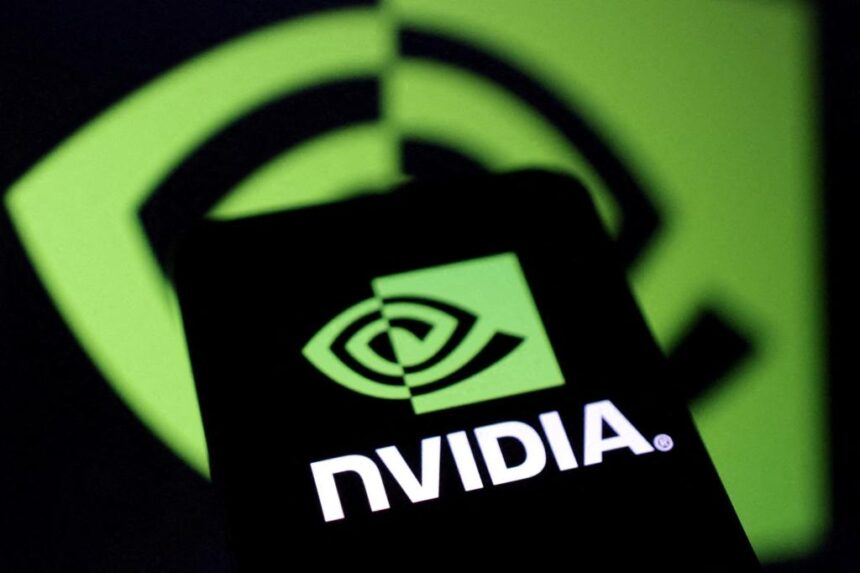Nvidia is making strides in developing a new China-specific computer chip, known as the B30, to meet the growing demand for high-powered AI models in the country. Despite the Trump administration’s efforts to tighten export controls on AI chips, Nvidia is forging ahead with its plans to produce over 1 million B30 chips this year.
China-based tech giants like ByteDance, Alibaba, and Tencent have already shown interest in the B30 chip. Nvidia’s proactive approach to comply with the White House’s export controls, which focus on individual chips rather than clusters, reflects the company’s commitment to navigating the evolving regulatory landscape.
In response to the restrictions imposed in April that prevented Nvidia from selling its H20 chip to China, the company is exploring new avenues to maintain its presence in the lucrative Chinese market. The anticipated revenue of $45 billion in the fiscal second quarter includes an $8 billion loss in expected sales of H20 chips earmarked for China.
Nvidia’s CEO, Jensen Huang, has hinted at the possibility of releasing a new chip specifically tailored for the Chinese market. While no concrete plans have been announced yet, Huang emphasized the company’s willingness to engage with the administration to address the stringent limits on chip exports.
As the race to develop advanced AI technologies intensifies, Nvidia’s strategic approach to developing China-specific chips underscores the company’s commitment to innovation and adaptability in the face of regulatory challenges. Stay tuned for further updates on Nvidia’s developments in the Chinese market.








